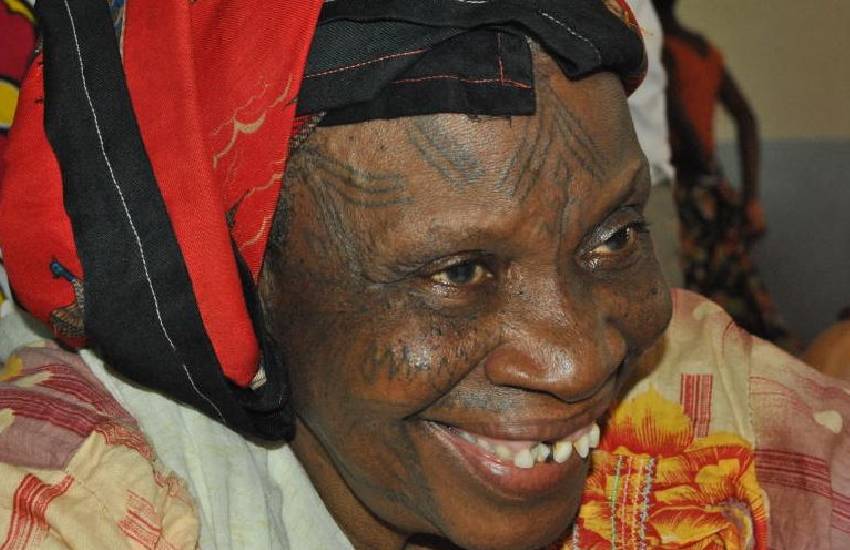×
The Standard e-Paper
Kenya’s Boldest Voice

The happiness of life is being able to be recognized as a citizen of a country. But for hundreds of members of the Pemba community that has been a nightmare, at least in Kenya.
For many years, members of the community whose population is estimated at more than 8,000 and are scattered across Lamu, Kilifi, Mombasa, and Kwale counties, life has been miserable. Their main economic activity is deep-sea fishing and they contribute immensely to the country’s income from the sea.